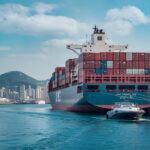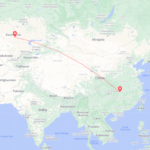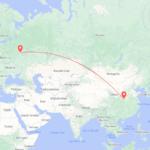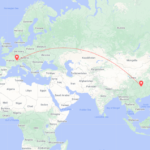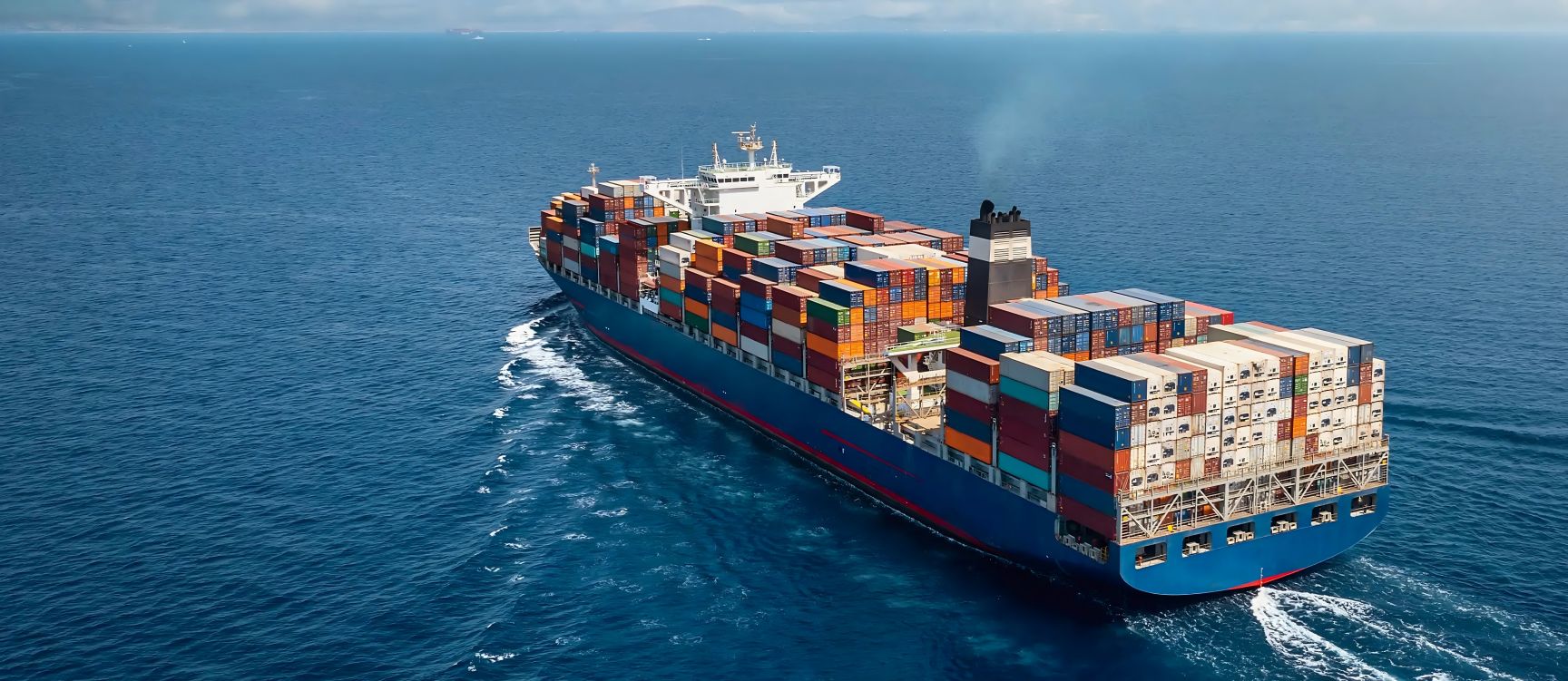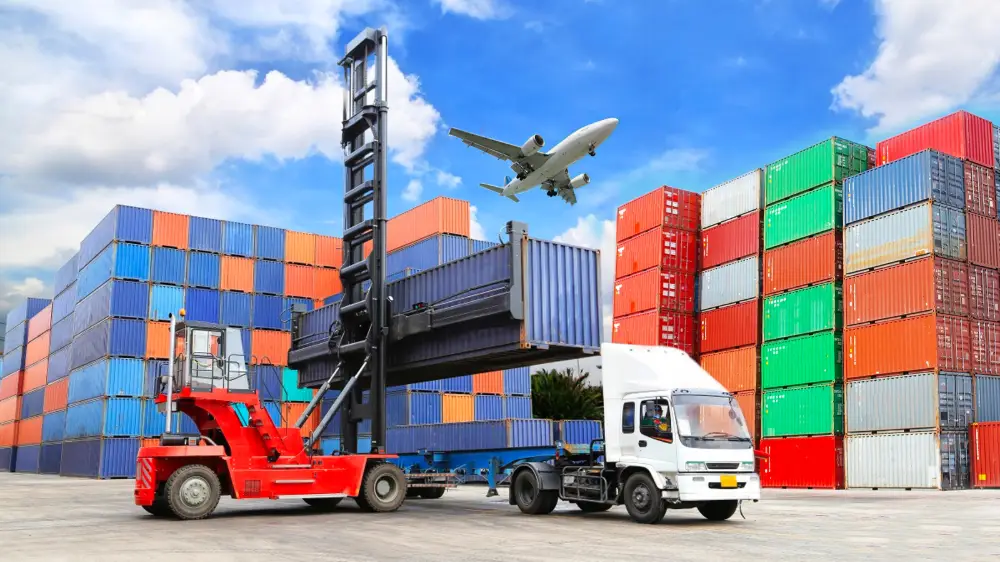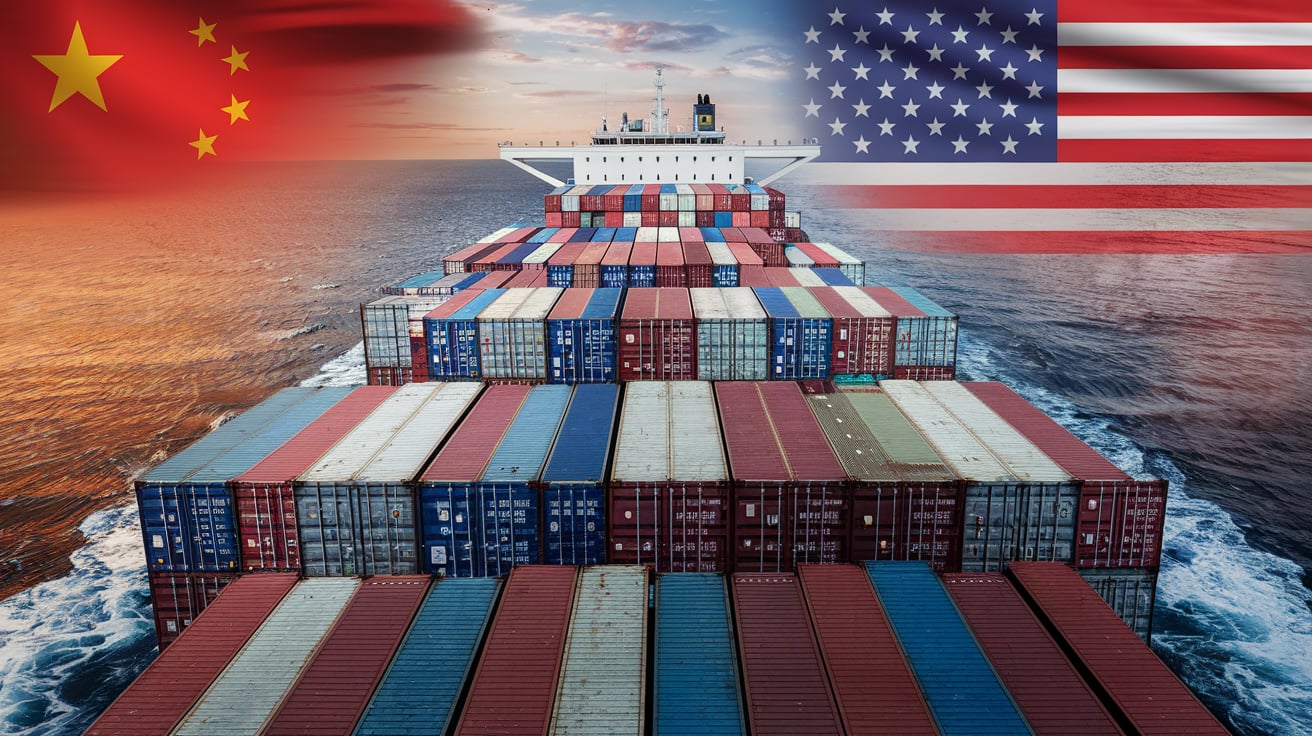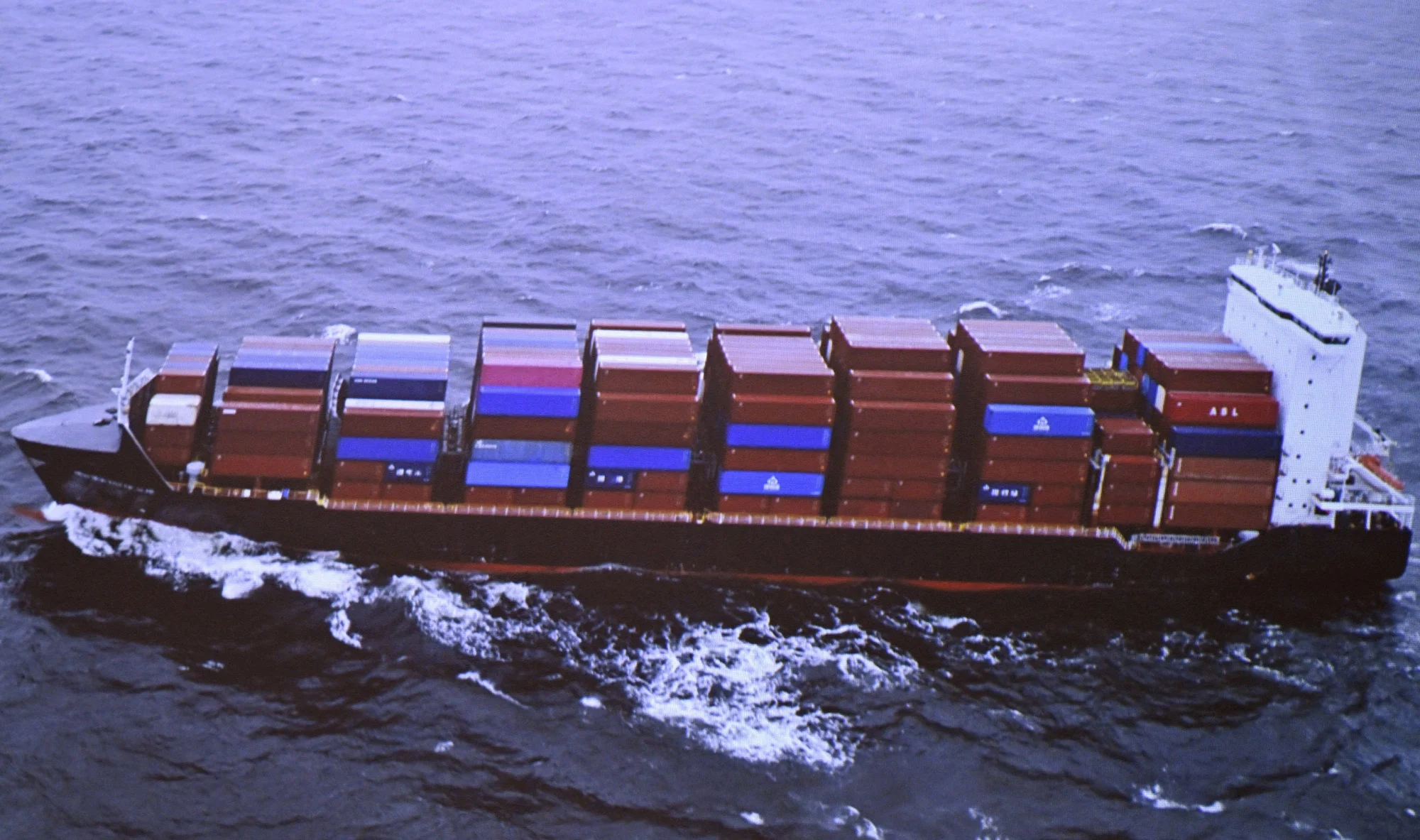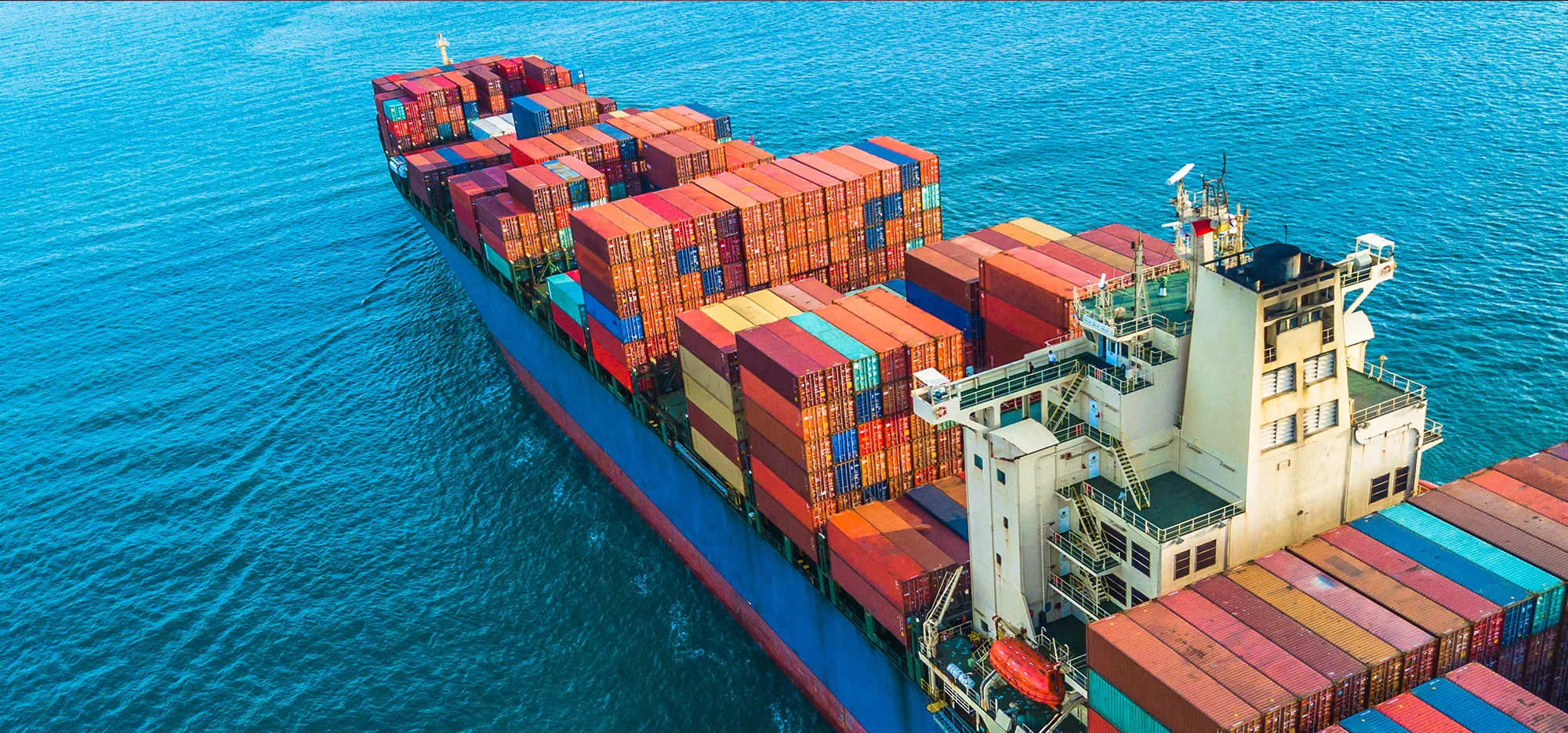Navigating the complexities of international shipping can be a daunting task, especially when it comes to importing goods from China to Tanzania. Among various shipping methods, sea freight stands out as a highly favorable option for businesses seeking cost-effective, reliable, and environmentally friendly solutions. This guide delves into the many benefits of sea freight, the types of services available, factors affecting costs and delivery times, and how to choose a reliable freight forwarder for seamless logistics operations. Understanding these key elements will empower importers to make informed decisions and streamline their shipping processes, ensuring that goods arrive safely and efficiently at their destination.
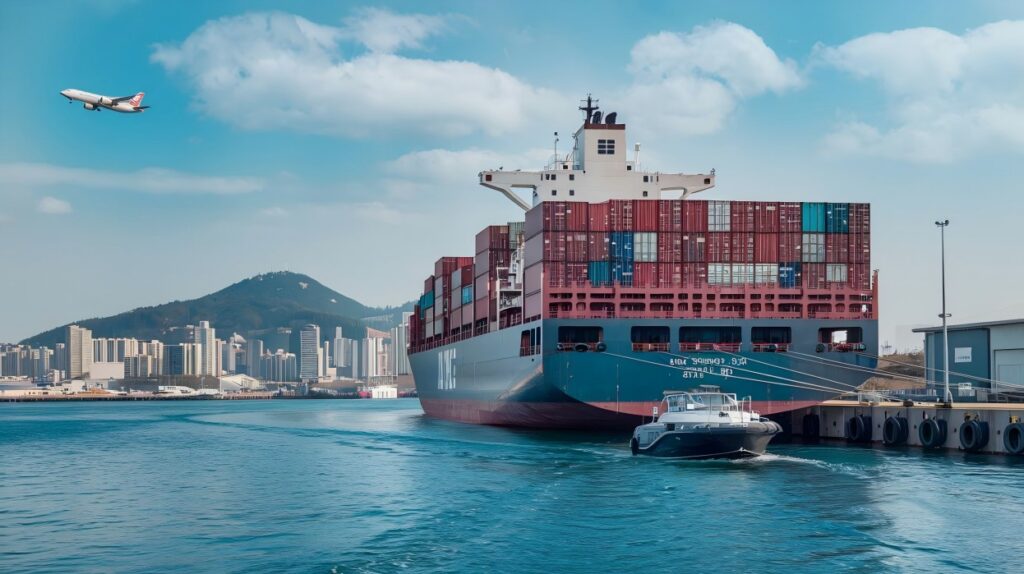
Why Choose Sea Freight for Shipping from China to Tanzania?
When considering options for international shipping, especially from China to Tanzania, sea freight emerges as a highly advantageous choice. This mode of transport is not only cost-effective but also flexible, reliable, and environmentally friendly. Below are detailed explanations of why sea freight should be your preferred method for shipping goods.
Cost-Effective
One of the primary reasons to choose sea freight is its cost-effectiveness. Compared to air freight, which can be significantly more expensive, sea freight offers lower transportation costs per unit. This feature makes it particularly appealing for businesses looking to maximize profit margins when importing goods from China to Tanzania. Here’s a comparative overview of average shipping costs:
| Shipping Method | Cost per Ton (USD) | Typical Transit Time |
|---|---|---|
| Air Freight | $4,000 – $8,000 | 5 – 7 days |
| Sea Freight (FCL) | $600 – $1,500 | 20 – 30 days |
| Sea Freight (LCL) | $200 – $600 | 20 – 30 days |
Accommodates Large Shipments
Sea freight allows for the transportation of large shipments, making it an ideal option for businesses that import bulk goods. Whether you’re shipping appliances, electronics, or raw materials, the capacity of container ships ensures that your cargo can be sent all at once, reducing the inconvenience of multiple shipments.
Versatile Container Options
When shipping via sea, businesses can choose from a variety of container types to meet specific shipping requirements. The options include:
- Standard Containers: Ideal for general cargo.
- Reefer Containers: Perfect for temperature-sensitive products such as food and pharmaceuticals.
- Open Top Containers: Useful for oversized cargo that cannot fit into standard containers.
This versatility ensures that whatever your product, there’s a suitable container option available to meet your shipping needs.
Reliable Transit Times
Though sea freight may take longer than air freight, it has reliable transit times that businesses can plan around. Major shipping lines operate on fixed schedules, meaning you can expect your goods to arrive on time. Additionally, with the right freight forwarder, you can receive advanced notifications regarding shipment progress, allowing better supply chain management.
Environmentally Friendly
Choosing sea freight is a more environmentally friendly option compared to air freight. Ships are generally more fuel-efficient than airplanes when it comes to moving large volumes of goods, resulting in a lower carbon footprint per ton of cargo. This can be a pivotal factor for businesses aiming to reduce their environmental impact.
Reduced Risk of Damage
Shipping goods via sea freight also presents a reduced risk of damage. Containers are designed to protect cargo from ocean conditions like waves and saltwater, while goods transported by air are often subject to rapid temperature changes and vibrations. This stability makes sea freight a safer option for valuable shipments.
READ MORE:
- Shipping From China To Algeria
- Shipping From China To Angola
- Shipping From China To Morocco
- Shipping From China To Nigeria
- Shipping From China To Kenya
- Shipping From China To Tanzania
- Shipping From China To South Africa
Types of Sea Freight Services
When it comes to sea freight, there are primarily two types of services available to importers shipping from China to Tanzania: Less Than Container Load (LCL) and Full Container Load (FCL). Each service has its unique advantages based on the volume and type of cargo being shipped.
Less Than Container Load (LCL)
Less Than Container Load (LCL) is ideal for smaller shipments that don’t fill an entire container. This method allows you to share container space with other consignments, making it a cost-effective choice for smaller businesses or individual importers. LCL services provide flexibility to importers, allowing them to move smaller quantities without incurring the costs associated with securing an entire container.
For example, if you have a shipment of 5 cubic meters, you don’t need to pay for a full container, which typically begins at around 20 to 30 cubic meters. Instead, you can opt for LCL services and pay only for the space you use.
Full Container Load (FCL)
For larger shipments, Full Container Load (FCL) is the preferred choice. This service allows businesses to have the exclusive use of an entire container, making it suitable for bulk shipments. FCL is more efficient when shipping large volumes of goods, reducing the per-unit cost and providing faster transit as the shipping line does not have to consolidate loads from multiple customers.
FCL services are especially beneficial for companies that import heavy or bulky items, where maximizing space and ensuring cargo integrity is paramount.
In conclusion, selecting the right type of sea freight service from China to Tanzania is crucial for the success of your import business. Whether you opt for LCL or FCL, understanding these services can significantly streamline your logistics operations.
For expert assistance in shipping from China to Tanzania, consider partnering with Dantful International Logistics. With their highly professional, cost-effective, and high-quality one-stop international logistics services, Dantful can help you navigate the complexities of international shipping and ensure your goods arrive safely and on time.
Factors Affecting Sea Freight Costs and Delivery Times
Understanding the factors that influence sea freight costs and delivery times is essential for businesses planning to import goods from China to Tanzania. Various elements come into play, from the choice of shipping ports to the nature of the shipment itself.
Shipping Ports
The choice of shipping ports in both China and Tanzania significantly impacts transit times and costs. Major ports serve as critical gateways for international trade, determining the efficiency of logistics operations. Below is a comparison of key ports in China and Tanzania:
| Port | Country | Importance | Average Transit Time (Days) |
|---|---|---|---|
| Shanghai | China | One of the world’s busiest container ports | 30 |
| Shenzhen | China | Major hub for electronics and consumer goods | 28 |
| Ningbo | China | Significant for bulk cargo and machinery | 32 |
| Dar es Salaam | Tanzania | Primary port for Tanzania’s imports and exports | 0 (Arrival Point) |
| Port of Tanga | Tanzania | Secondary port, serves northern regions of Tanzania | 2 |
The selection of these ports can greatly influence your shipping strategy. For example, shipping from Shenzhen to Dar es Salaam might take 28 days, while shipping from Ningbo to the same port may take up to 32 days. This difference can affect your inventory levels and supply chain management.
Shipment Size and Weight
The size and weight of your shipment are critical factors in determining sea freight costs. Larger and heavier shipments typically incur higher charges, as they occupy more space and require more resources for handling.
- Full Container Load (FCL) shipments are charged based on the entire container used, making them more economical for larger shipments.
- Less Than Container Load (LCL) shipments are billed based on cubic meters or weight, highlighting the importance of maximizing container utilization.
Commodity Type
The type of goods being shipped also affects costs and delivery times. Different commodities may have specific restrictions and requirements, particularly for:
-
Hazardous Materials: Items classified as hazardous may require special documentation, handling, and storage, leading to higher costs and potentially longer transit times.
-
Perishable Items: Shipping perishable goods, such as food products, requires temperature-controlled containers, which can increase shipping costs. Additionally, the urgency of delivery for these items generally necessitates faster shipping routes, often at a premium rate.
Being aware of these variables will help you plan and budget for your shipping needs more effectively.
Sea Freight Costs from China to Tanzania
When budgeting for sea freight from China to Tanzania, understanding the cost structure is crucial. Various factors contribute to overall expenses, including container rates and additional fees.
Cost per Container
The cost of shipping containers varies significantly based on size and the specific port pairs involved. Below is a comparative overview of the average rates for 20ft and 40ft containers:
| Container Size | Cost (USD) | Port Pair Example |
|---|---|---|
| 20ft | $1,500 – $2,500 | Shenzhen to Dar es Salaam |
| 40ft | $2,500 – $4,500 | Shanghai to Dar es Salaam |
| 20ft | $1,600 – $2,700 | Ningbo to Dar es Salaam |
| 40ft | $2,700 – $4,800 | Shanghai to Tanga |
The above table summarizes the variations in shipping costs, highlighting how the choice of ports can lead to different pricing.
Additional Fees and Charges
Beyond the container costs, various additional fees and charges must be factored into the total shipping expenses. These may include:
-
Customs Duties and Taxes: Import duties can significantly affect the overall cost. It’s essential to be aware of the specific duties applicable to your commodity type.
-
Documentation Fees: Preparing the necessary shipping and customs documentation incurs additional costs. Proper documentation is crucial to ensure smooth customs clearance.
-
Handling and Storage Costs: Depending on the port and logistics provider, handling fees for loading and unloading cargo, as well as storage charges if goods are held at the port, can add to the total cost.
Having a thorough understanding of these costs helps businesses prepare for the financial implications of importing goods, allowing for more accurate budgeting and planning.
For a reliable and cost-effective freight forwarding solution tailored to your needs, consider partnering with Dantful International Logistics. They offer comprehensive services that ensure your goods are shipped efficiently from China to Tanzania, along with expert guidance on customs clearance and documentation.
Sea Freight Transit Times from China to Tanzania
Understanding the transit times for sea freight from China to Tanzania is essential for effective supply chain management. This knowledge helps businesses plan their logistics and inventory needs accurately. The two primary delivery options are port-to-port and door-to-door, each with its own considerations.
Port-to-Port Delivery
Port-to-port delivery refers to the transportation of goods from one port to another. This method is commonly used in sea freight, and various factors can affect the overall transit times between major port pairs.
Typical Transit Times for Major Port Pairs
The transit time can vary based on the specific ports selected for shipping. Below is a table summarizing the typical transit times for common shipping routes:
| Shipping Route | Typical Transit Time (Days) |
|---|---|
| Shenzhen to Dar es Salaam | 28 |
| Shanghai to Dar es Salaam | 30 |
| Ningbo to Dar es Salaam | 32 |
| Guangzhou to Dar es Salaam | 29 |
| Tianjin to Dar es Salaam | 31 |
Factors Affecting Port-to-Port Delivery Times
Several factors can influence the duration of port-to-port delivery, including:
- Weather Conditions: Adverse weather can delay shipping schedules, especially during storm seasons.
- Port Congestion: Busy ports may experience delays due to high traffic, impacting loading and unloading times.
- Shipping Line Schedules: Each shipping line operates on a fixed schedule, which can affect the frequency of sailings and the overall transit time.
- Route Changes: Unforeseen circumstances, such as geopolitical issues or piracy threats, can lead to route changes and delays.
Being aware of these factors can help businesses anticipate potential delays and adjust their logistics plans accordingly.
Door-to-Door Delivery
Door-to-door delivery involves the complete logistics process, from the supplier’s location in China to the final destination in Tanzania. This service is particularly beneficial for businesses looking for a seamless shipping experience.
Importance of Efficient Customs Clearance
One of the critical aspects of door-to-door delivery is customs clearance. An efficient customs process ensures that goods are cleared quickly and without unnecessary delays. Factors influencing customs clearance efficiency include:
- Documentation Accuracy: Proper documentation is essential for speeding up the customs process. Inaccurate or incomplete paperwork can lead to significant delays.
- Customs Regulations: Familiarity with both Chinese and Tanzanian customs regulations ensures compliance and expedites the clearance process.
- Freight Forwarder Expertise: Engaging a knowledgeable freight forwarder can enhance the customs clearance experience, as they will have established relationships with customs authorities.
Impact of Last-Mile Delivery
The last-mile delivery phase is crucial in door-to-door shipping. It refers to the final leg of the delivery process, where goods are transported from the local distribution center to the end customer’s location. The efficiency of last-mile delivery can impact overall customer satisfaction and include factors such as:
- Local Infrastructure: The quality of local roads and transportation options can significantly affect delivery times.
- Delivery Scheduling: Proper scheduling and communication with recipients help ensure goods are delivered promptly and efficiently.
- Tracking and Visibility: Providing shipment tracking information allows customers to stay informed about their order’s status and enhances overall service quality.
Choosing a Reliable Freight Forwarder
Selecting a reliable freight forwarder is critical for ensuring a smooth shipping experience from China to Tanzania. Numerous factors should be considered when making this choice.
Factors to Consider
Experience in China-Tanzania Trade
One key consideration is the freight forwarder’s experience in facilitating trade between China and Tanzania. A forwarder with a strong track record in this market will be more adept at navigating challenges and optimizing logistics. They should be familiar with:
- Market Trends: Understanding current trade dynamics and seasonality that can affect shipping schedules.
- Regulatory Compliance: Knowledge of the legal and regulatory requirements specific to both countries, ensuring goods comply with import/export laws.
Service Quality and Customer Support
Assessing the service quality of potential freight forwarders is paramount. This includes evaluating:
- Responsiveness: The ability to respond promptly to inquiries and issues that may arise during the shipping process.
- Customer Reviews: Feedback from previous clients can offer insights into service quality and reliability.
- Value-Added Services: Forwarders that offer additional services, such as warehousing or insurance, can provide a more comprehensive logistics solution.
Customs Clearance Expertise
Customs clearance expertise is crucial in avoiding delays and ensuring compliance with all relevant regulations. A reliable freight forwarder should possess:
- In-House Expertise: Having a dedicated customs clearance team can significantly speed up the process and minimize potential pitfalls.
- Established Relationships: Good rapport with customs officials can streamline the clearance process, reducing delays and improving efficiency.
- Transparency: A forwarder should provide clear information regarding customs duties, taxes, and any potential fees, allowing for more accurate budgeting.
By considering these factors, businesses can choose a freight forwarder that will effectively manage their shipping needs, ensuring a smooth transition of goods from China to Tanzania. For tailored logistics solutions and expert guidance, Dantful International Logistics offers comprehensive services that meet the diverse needs of global traders.
Dantful International Logistics Services:
- Dantful Ocean Freight Services
- Air Freight From China
- Amazon FBA Freight Forwarding
- WAREHOUSE Services
- One-Stop Customs Clearance Solution
- Cargo Insurance Services in China
- DDP Shipping Services By Dantful Logistics
- Out of Gauge Cargo Transportation Shipping Services

Young Chiu is a seasoned logistics expert with over 15 years of experience in international freight forwarding and supply chain management. As CEO of Dantful International Logistics, Young is dedicated to providing valuable insights and practical advice to businesses navigating the complexities of global shipping.







